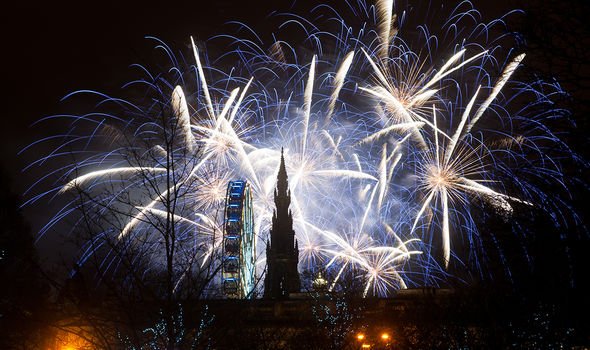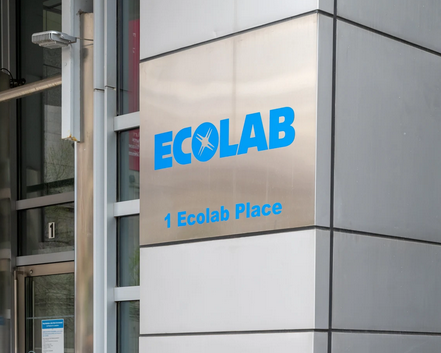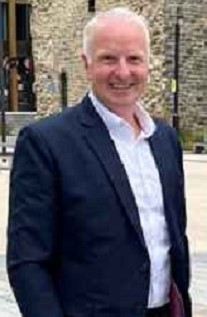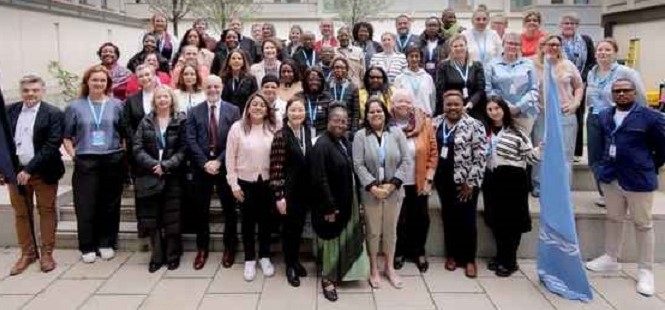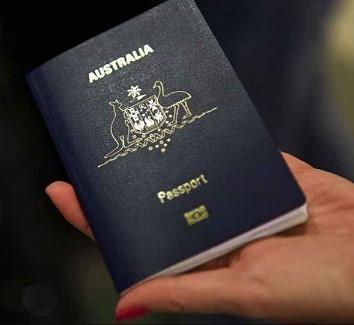Scots have been urged not to travel to England for new year celebrations to get around the more stringent Covid-19 restrictions north of the border.
There is no travel ban currently in place to stop people going to England, where nightclubs are still open. But Deputy First Minister John Swinney said that doing so would go against the spirit of Scottish Covid-19 measures.
He said travelling would be the wrong course of action due to the serious situation with the Omicron variant. Case numbers in Scotland hit alarming record highs over Christmas and Boxing Day, with the faster-spreading strain now accounting for the majority of all infections.
First Minister Nicola Sturgeon - who is to update MSPs in a virtual sitting of the Scottish Parliament - said she expected the figures to rise even more in the days ahead. Scots have been encouraged to stay at home as much as possible, and to limit any social gatherings to no more than three households.
Large events such as Edinburgh's traditional Hogmanay street party have been cancelled, with extra curbs in hospitality settings and nightclubs shut down entirely. Clubs remain open south of the border, where no new restrictions are being imposed, but Mr Swinney said that he would discourage anyone from travelling to England to see in the new year.
He said: "People are free to make their own judgments.
“But what we have got recognise is that Omicron is a serious threat to absolutely everybody within our society and we have all got to take measures to protect ourselves by limiting our social contacts and connections and by complying with the restrictions we have in place. I think it is the wrong course of action for people to take because we have a serious situation we have got to manage and we encourage everybody to play their part in addressing that."
People in England have been urged to be cautious while socialising, by taking lateral flow tests and sticking to well-ventilated areas. Ms Sturgeon is to update MSPs on the latest data and plans when Holyrood is recalled from recess for a virtual sitting.
Mr Swinney said the current set of restrictions would be reviewed on January 11, but warned that people can see with their own eyes the galloping pace at which Omicron is moving through Scotland. He said ministers did not want to have curbs in place a minute longer than is necessary, and praised people for a very significant level of public compliance and participation with the rules we have put in place.
The deputy first minister was also questioned about easing Scotland's self-isolation rules amid concerns that key services are running short of staff. People who test positive in Scotland have to isolate for 10 days, along with members of their immediate household, regardless of vaccination status.
However, in England, Covid patients can leave quarantine after seven days if they record two negative tests - and fully vaccinated household contacts are not legally required to isolate, but are strongly advised to test daily. Opposition parties have accused Ms Sturgeon of being too cautious with the rules, calling for Scotland to move into line with England to allow more people out to work.
Mr Swinney said that active consideration was being given to reducing the quarantine period in Scotland - but that this would need to be done based on health grounds, not economic ones. He said: "The key question is whether or not the period required for self-isolation is necessary to ensure that we interrupt the circulation of the virus.
“That is the judgement that we will form based on the clinical advice and evidence presented to us. We serve nobody's interests well if we enable people to return to the labour market, to return to circulation in society, if they are still shedding the virus.
“That defeats the purpose of self-isolation."



